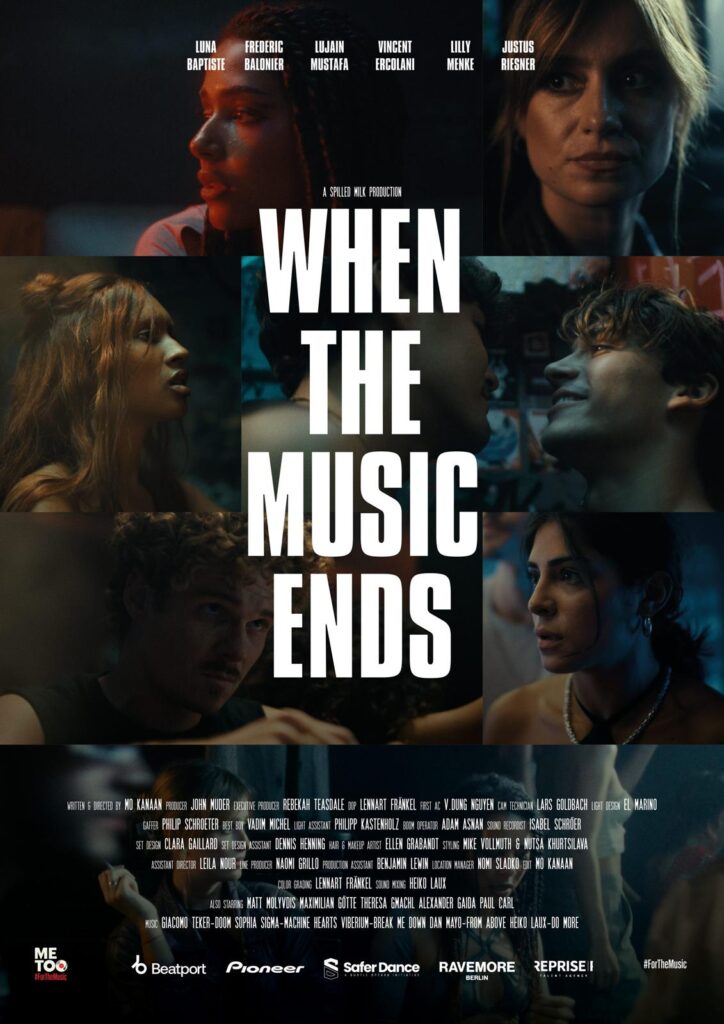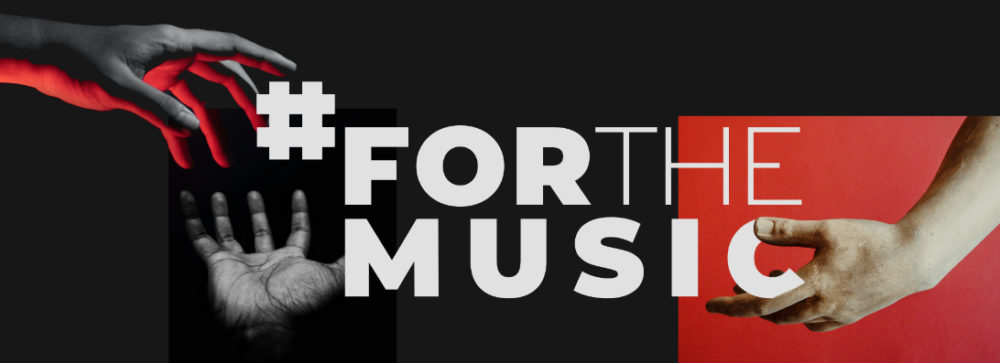
Inspired by the findings of a study carried out by the Electronic Music Inclusion Initiative (EMII), supported by a wave of respected industry platforms, including Pioneer DJ, Beatport, Sentric Music, AFEM, IMS, Mixmag, RA and Women in Ctrl, When The Music Ends aims to reach the clubbing community as a whole by showing what typical night out in a regular club could look like and the different ways that abuse takes place, the consequences the survivors face and what can be done if we intervene.
EMII’s comprehensive global study found reports from 28 countries highlighted 615 separate incidents, showcasing the bravery of individuals who shared their experiences. Predominantly, reports originated from the UK, Germany, and the US, with females aged 26- 35 most likely to come forward. Despite this, many still hesitate to report due to fears of inaction, disbelief, or retaliation. Notably, incidents primarily revolved around gender or sexual orientation, with a significant intersectional impact observed, particularly among women of colour. These issues, ranging from microaggressions to unwanted physical contact, are recurrent and widespread, occurring across various settings such as clubs, concerts, and workplaces. Artists and DJs emerged as crucial reporters. The findings underline a pressing need to address these pervasive and systemic challenges within the industry.
“When The Music Ends” serves as an explicitly eye-opening account of what many people have had to and still sadly endure throughout global nightlife, along with the permanent physical and mental damage suffered by victims. The film expertly also offers a simple perspective around the power of intervention and empowering others to call time on the unwanted and unsolicited sexual exploitation of and microaggressions towards others, especially high-risk, marginalised groups and communities.
